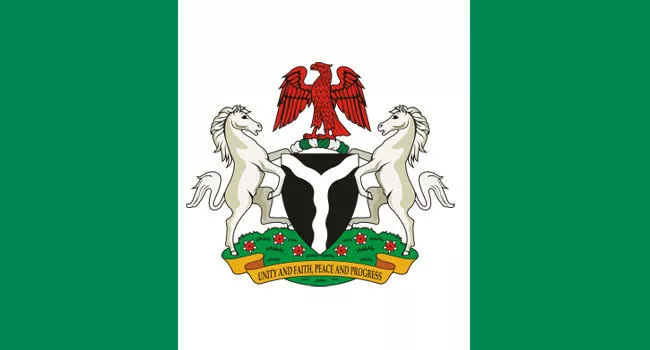The federal government, through the Ministry of Industry, Trade and Investment, is partnering critical stakeholders, especially the Micro, Small and Medium Enterprises (MSMEs) in the export value chain to deepen the nation’s export potential.
As the federal government, under the President Bola Tinubu’s administration, is working assiduously to realise a $1trillion dollar economy, the ministry said, it is working to contribute its quota to the realisation of this high ambition.
Speaking at the Ministerial Export Consultation Stakeholders Workshop in Lagos yesterday, the minister of Industry, Trade and Investment, Dr. Jumoke Oduwole, said her ministry is partnering with relevant government agencies such as National Agency for Food and Drug Administration and Control(NAFDAC), Nigeria Customs Service(NCS), among others, who are central to seamless export of the nation’s products and services.
Disclosing that, the ministry is sensitising and educating exporters on the best way to package and handle goods meant for export for acceptability in countries being exported to, she is optimistic that, through export, the country can generate more income that will be instrumental to development.
According to her, “We will ensure that trade and exporting challenges facing our exporters are systematically addressed. All the agencies under the Ministry of Industry, Trade and Investment have direct purview for supporting Nigerian exporters.
“We are supporting Nigerians exporters on goods, commodities and services that can be exported and would be acceptable in the importing countries, which is one of the low-hanging fruits to earn Nigerians forex while living in Nigeria and exporting their services. “
Stressing that Nigerians are talented in the area of digital trade, she added that, “We are very excited and the president Tinubu has been supportive to the course. We are planning to establish a commodities exchange as well. We are already working with different agencies such as NAFDAC, Customs, and so on, to enhance and deepen our exporting potential.”
Similarly, the Comptroller General, Customs, Bashir Adewale Adeniyi, who promised support to the exporting drive of the current government, noted that Customs has undergone several reforms in a bid to weed out bad eggs and instill discipline in custom officers.
He said, such reforms ensures that the force becomes a critical revenue driver for the government and the economy, applauding the ministry of industry, Trade and investment for its commitment to deepen exporting of some of the country’s produce as customs is every ready to support this drive and perform its roles effectively in exporting value chain.
A facilitator at the event and an expert in Export, Eyitope Kola Oyeneyin, stated that, Global trade is being reconfigured, creating new opportunities and introducing new risks, calling on government to expand tax breaks and grants for companies that invest in value-added processing of raw materials before export.
The three per cent NIMASA Levy per shipment Volume on the cargo and also Cargo/Harbour Due paid to NPA, she said, is duplicate collection services, urging the government to provide access to real-time export data and market insights, helping companies target profitable markets effectively.
“There must be national coordination on the effect of climate change as it affects our crop development, we must irrigate in the north and educate the farmers on changing rules as regards climate change effect now,” she noted.
Earlier, the commissioner for Commerce, Cooperatives, Trade and Investment, Lagos State, Folashade Ambrose-Medebem said, “Our role is clear- to create an enabling environment where businesses can thrive, support trade competitiveness, ensure the sustainability of cooperative societies, and expand Lagos’ reach in the global marketplace. With the unwavering support of Mr. Governor, we have made remarkable strides in fostering trade and investment, empowering exporters, supporting cooperatives, and aligning our initiatives with the Federal Government’s diversification goals.”
Saying that Lagos State’s economy is unique in its diversity, resilience, and scale. She added that, earlier this year, in collaboration with a private partner; African Import and Export Solutions, Lagos State through her ministry embarked on an ambitious export training programme, equipping over 2,000 exporters with the skills, knowledge, and resources to penetrate global markets. The programme, she stated, was designed to address challenges such as compliance with international trade regulations, export financing, and product quality standards.
Building on the success of the training programme, Lagos State, she said, is set to launch its Export Readiness Programme in January 2025, an initiative that will focus on capacity building, export readiness assessments, and facilitating market linkages for businesses looking to expand internationally.
As the commissioner for Commerce, Cooperatives, Trade, and Investment, she assured the gathering that the State government will continue to build on its achievements, fostering a business-friendly environment, promoting innovation, and ensuring that Lagos remains a beacon of prosperity.



